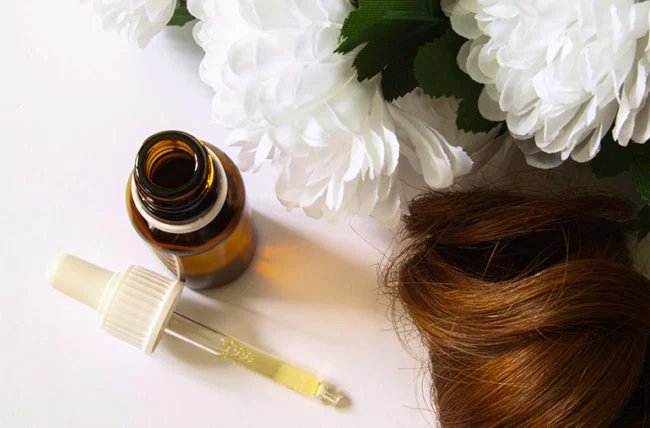Auto-immune disorders, where the body’s immune system mistakenly attacks its own cells, can have a wide range of impacts on health, including the condition of your hair. The relationship between hair health and auto-immune disorders is complex, and recent research suggests that taking care of your hair can positively affect your immune system[1].
Understanding the Connection
Auto-immune disorders like alopecia areata, lupus, and thyroid diseases can directly affect hair health. These conditions can lead to hair loss, thinning, and decreased hair quality due to the body’s immune response targeting hair follicles. Additionally, the stress and psychological impact of dealing with an auto-immune disorder can exacerbate hair problems.
The Role of Hair Care in Immune Health
Hair care routines can indirectly influence the immune system. A healthy scalp is integral to overall hair health, and maintaining a clean, nourished scalp can prevent infections and inflammation. This is especially important in people with auto-immune disorders, as their immune systems are already compromised.
Nutritional Support
A nutrient-rich diet that supports hair health can also bolster the immune system. Foods high in omega-3 fatty acids, antioxidants, vitamins A, C, D, and E, and minerals like zinc and iron play a crucial role in maintaining both hair and immune health. Supplements like biotin and collagen are often recommended for hair health, and they also provide general health benefits.
Gentle Hair Care Practices
Gentle hair care practices are crucial for individuals with auto-immune disorders. Avoiding harsh chemicals, reducing heat styling, and using hypoallergenic hair products can minimize scalp irritation and hair damage. This helps in maintaining a healthier scalp environment, which is less taxing on the immune system.
Stress Reduction Techniques
Stress management is another key aspect. Chronic stress can weaken the immune system and aggravate auto-immune conditions. Practices like meditation, yoga, and mindfulness can reduce stress levels, thereby indirectly benefiting hair health.
Research and Future Directions
Ongoing research in this area is focusing on the bidirectional relationship between hair health and the immune system. Scientists are exploring how improving scalp and hair health can have a positive impact on auto-immune disorders and vice versa.
While the direct impact of hair care on the immune system in the context of auto-immune disorders is still being researched, it’s clear that maintaining healthy hair and scalp practices can contribute to overall well-being. People with auto-immune conditions should consider incorporating holistic hair care routines into their health management plan, focusing on nutrition, gentle hair care practices, and stress reduction to potentially benefit their immune system.
[1] Hair-raising research: Scientists find surprising link between immune system, hair growth
The recent research on the link between the immune system and hair health, particularly in the context of autoimmune disorders, was conducted by scientists at the Salk Institute. Published in “Nature Immunology” on June 23, 2022, the study revealed how immune cells known as regulatory T cells interact with skin cells through a hormone messenger to promote the generation of new hair follicles and hair growth. This research is significant because it uncovered a previously unknown molecular target of common treatments for alopecia, an autoimmune condition causing hair loss. The study initially focused on the roles of regulatory T cells and glucocorticoid hormones in autoimmune diseases such as multiple sclerosis, Crohn’s disease, and asthma. However, the researchers shifted their focus to hair loss upon discovering that regulatory T cells in skin tissue express high levels of glucocorticoid receptors. They observed that glucocorticoids instruct regulatory T cells to activate hair follicle stem cells, leading to hair growth. This mechanism is independent of the immune-balancing function of regulatory T cells. In cases of acute alopecia, where immune cells attack skin tissue causing hair loss, the application of glucocorticoids not only inhibits this immune reaction but also stimulates regulatory T cells in the skin to produce TGF-beta3, which then activates hair follicle stem cells.



